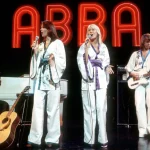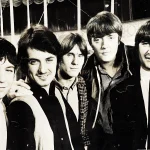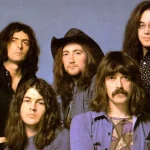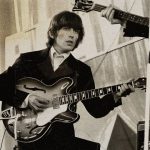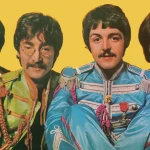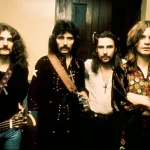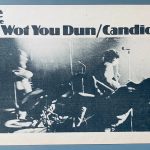The Monkees’ “Last Train To Clarksville”: A Carefully Engineered Ascent to Stardom

Released in the whirlwind year of 1966, “Last Train To Clarksville” wasn’t just a song; it was the meticulously crafted sonic launchpad that propelled The Monkees from a manufactured television concept to bona fide pop sensations. This debut hit, masterminded by the prolific songwriting duo Tommy Boyce and Bobby Hart, was nothing short of a perfect pop storm, engineered with precision to capture the hearts and ears of a generation primed for catchy melodies and engaging narratives.
The track wastes no time in asserting its irresistible charm, opening with an instantly recognizable, jangly guitar riff. This deliberate sonic signature was no accident; it was an intentional nod to the prevailing sound of The Beatles, a clever move to connect with an already established and beloved musical aesthetic. This conscious decision by Boyce and Hart to echo the Fab Four’s popular sound was a stroke of genius, immediately making the song feel familiar yet fresh to the burgeoning youth market.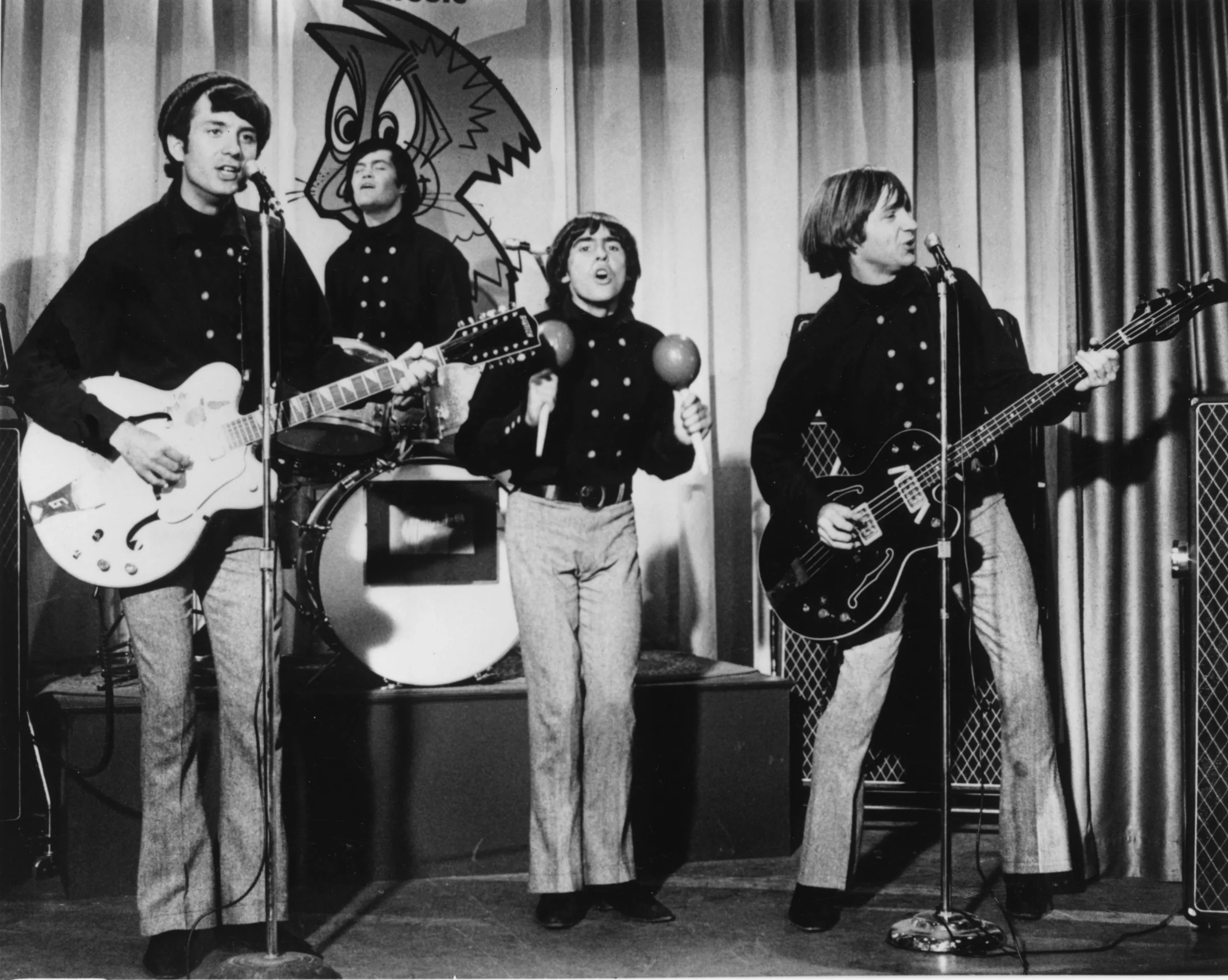
As the song unfolds, Micky Dolenz’s distinctive lead vocals take center stage, imbuing the track with an infectious energy that’s impossible to resist. His delivery, full of youthful exuberance and a hint of urgency, perfectly complemented the track’s driving rhythm. Bolstered by the collective zeal of the band—even if their initial contributions were largely studio-assisted—”Last Train To Clarksville” rapidly ascended the charts, ultimately clinching the coveted #1 spot on the Billboard Hot 100. This rapid climb wasn’t just a testament to the song’s undeniable appeal, but also to the powerful marketing machine behind The Monkees’ television show, which premiered just weeks after the single’s release, creating a symbiotic relationship between music and visual media that was revolutionary for its time.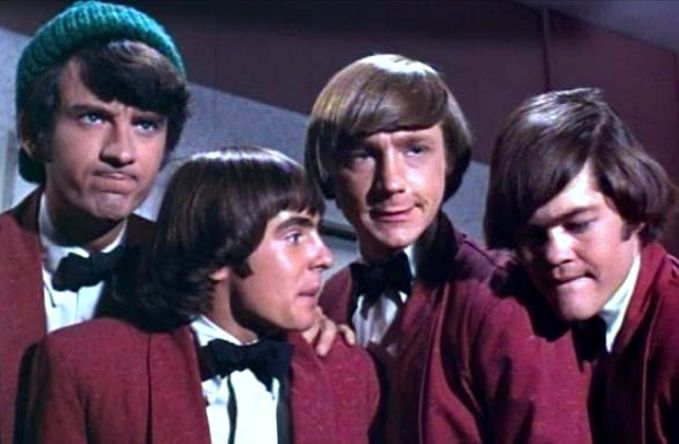
More than just a chart-topper, this debut hit cemented The Monkees’ place in music history, showcasing the era’s penchant for crafted pop perfection. It masterfully blended irresistible catchy hooks that burrowed into listeners’ minds with a surprisingly compelling narrative. The lyrics painted a vivid picture of a soldier bidding a poignant farewell to his love, adding a layer of emotional depth that resonated with the times. The ambiguity of “Clarksville” – was it a literal place, or a symbolic destination like a military base? – only added to the song’s mystique and made it broadly relatable. “Last Train To Clarksville” wasn’t just a song you heard; it was a phenomenon you experienced, a testament to the power of well-executed pop artistry and a blueprint for future pop acts looking to dominate the airwaves.

